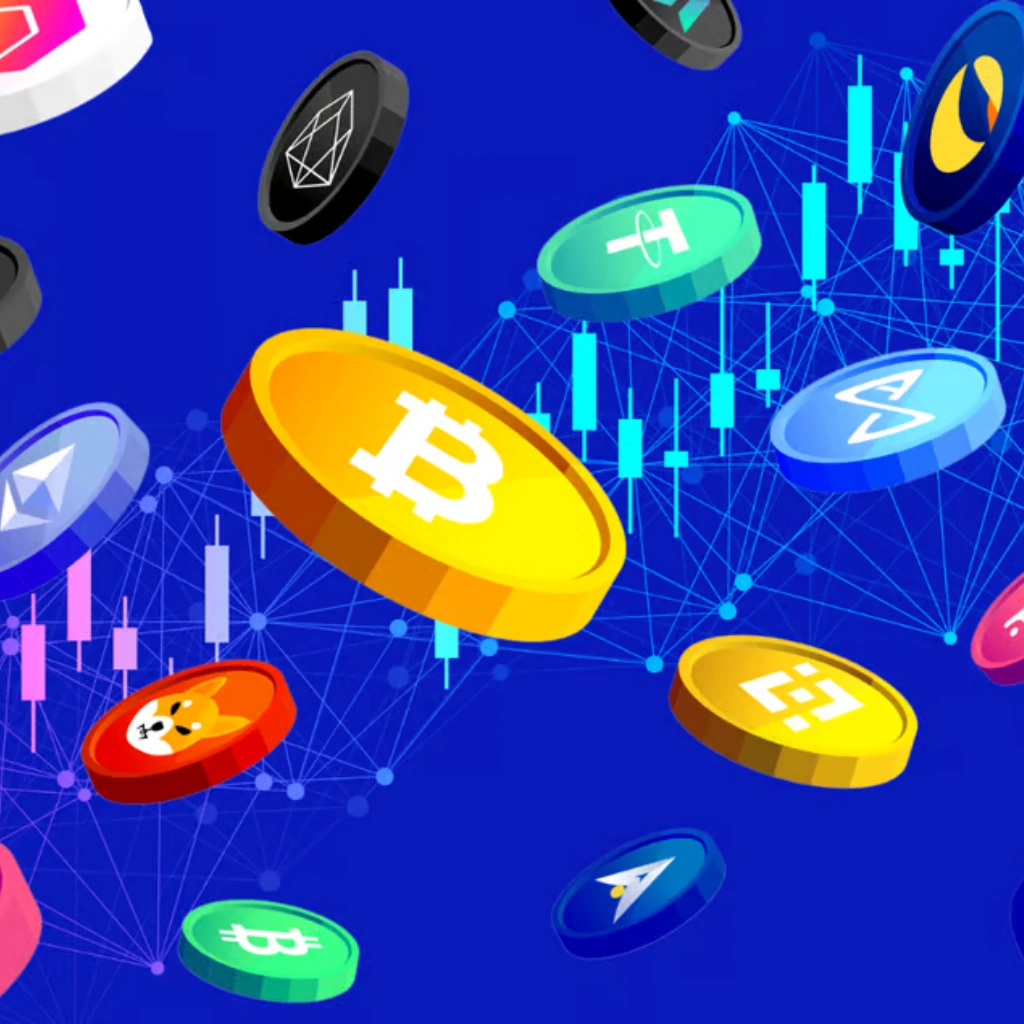When it comes to forex Vietnam, let’s be honest—there’s a lot of confusion out there. Some say you can trade, some say you can’t. It’s not super clear, is it? If you’ve been wondering whether forex trading is actually legal in Vietnam, this FAQ will help you figure things out, step by step.
1. Is Forex Trading Allowed for Individuals in Vietnam?
The simple answer? Not officially. Vietnamese law says only authorized banks and financial institutions can legally trade foreign currencies. That leaves individual traders in a bit of a weird spot.
Still, people do it—many Vietnamese quietly trade on international forex platforms, even though it’s technically outside the rules. It’s not fully legal, but it’s not tightly enforced either. Strange, right?
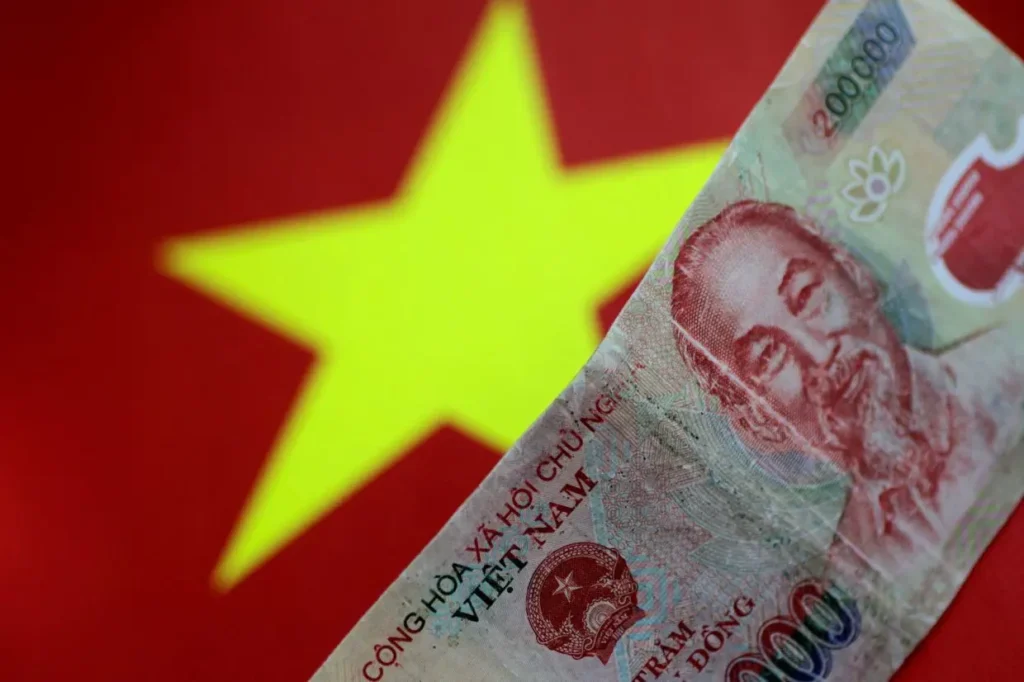
2. Can Vietnamese Traders Work with Global Brokers?
Yes, this is actually pretty common. Plenty of international brokers happily accept Vietnamese clients. There aren’t any strong barriers stopping people from opening accounts.
But here’s the thing—Vietnamese authorities don’t regulate these brokers. If things go wrong, you’re probably on your own. Some traders are okay with that, some stay away. It’s a personal call.
3. What Are the Main Risks?
Aside from the usual ups and downs of trading, the big risk is working with shady, unlicensed brokers. They pop up all the time—especially locally—and sometimes they vanish with people’s money.
Even when using international brokers, you’re outside Vietnam’s protection. If you lose your funds, there’s not much local support to help you. Sounds risky? Well… it can be.
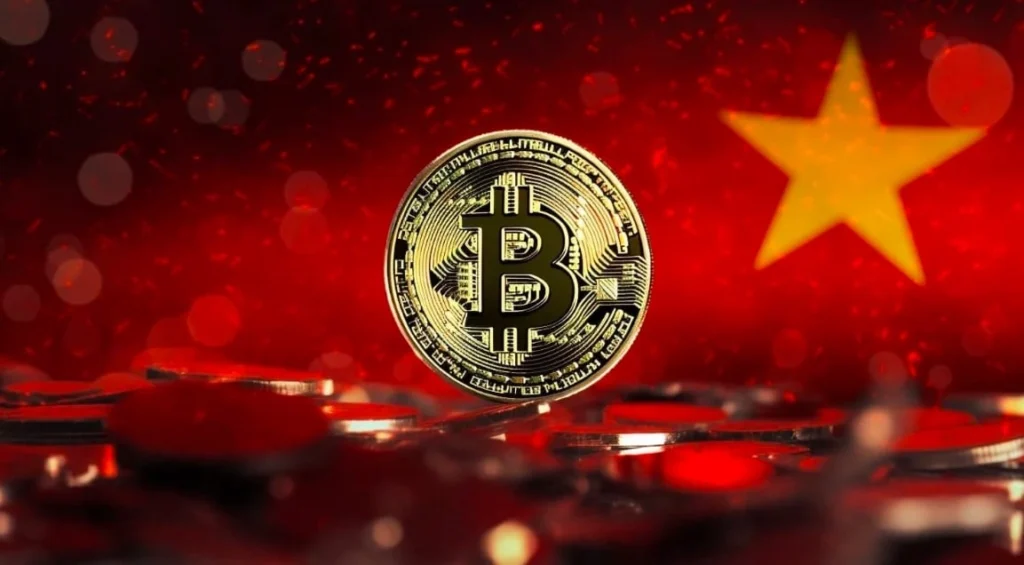
4. Can You Trade Currencies Through Local Banks in Vietnam?
Technically, yes—but it’s not the type of forex trading most people think about. Vietnamese banks only handle foreign currency exchanges for things like travel or paying tuition abroad.
If you’re hoping for fast-paced trading with leverage and profit opportunities, this isn’t the way. Local banks just don’t offer that style of trading.
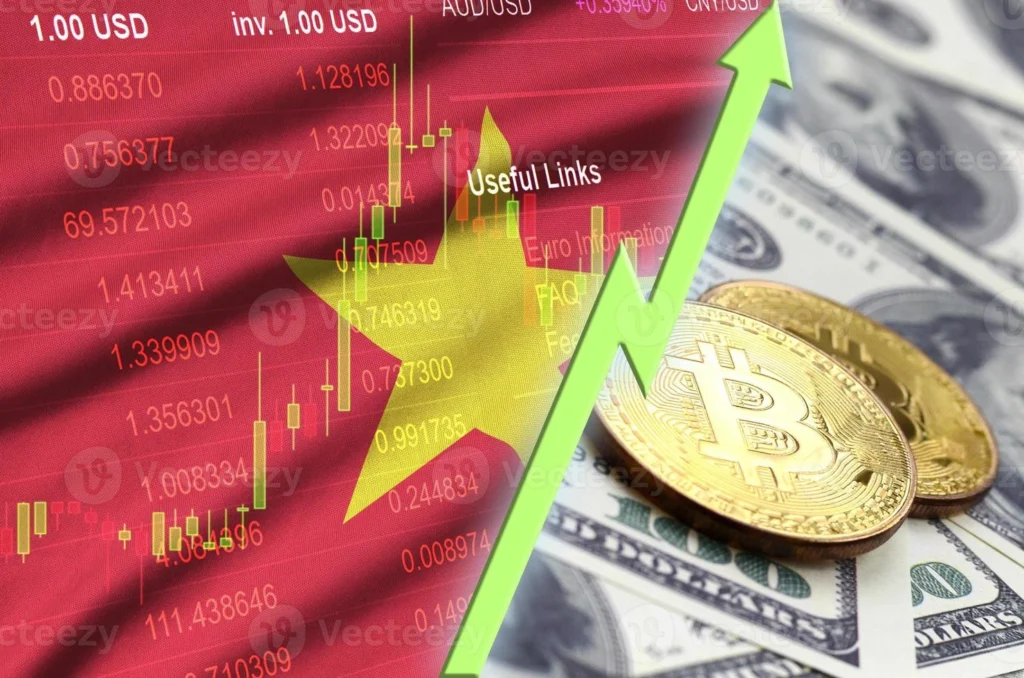
5. Are There Penalties for Forex Trading Illegally in Vietnam?
So far, Vietnamese authorities seem more focused on stopping illegal brokers than on individual traders. But the door is always open for stricter rules in the future.
Some say you can quietly trade on foreign platforms without much trouble. Others say it’s just not worth the risk. The truth? No one can guarantee what will happen tomorrow.
6. How Should New Traders Approach This?
First—don’t jump in too fast. Try a demo account first. It’s a no-risk way to test your skills and get a feel for forex trading without using real money.
Also, keep your distance from brokers that promise guaranteed profits. Look for regulated international brokers with solid reputations instead. And don’t trust the ones that sound just a little too good to be true.
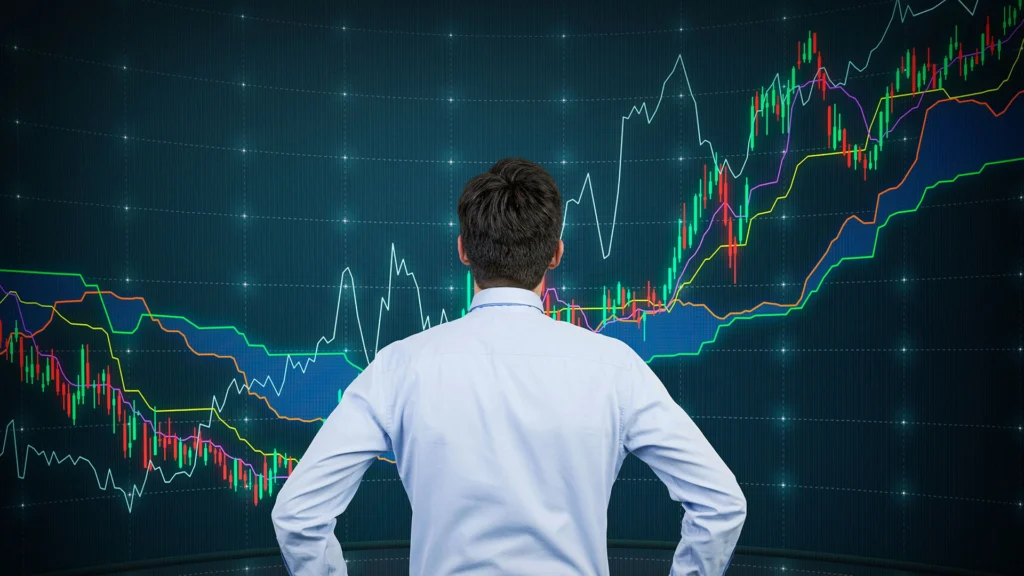
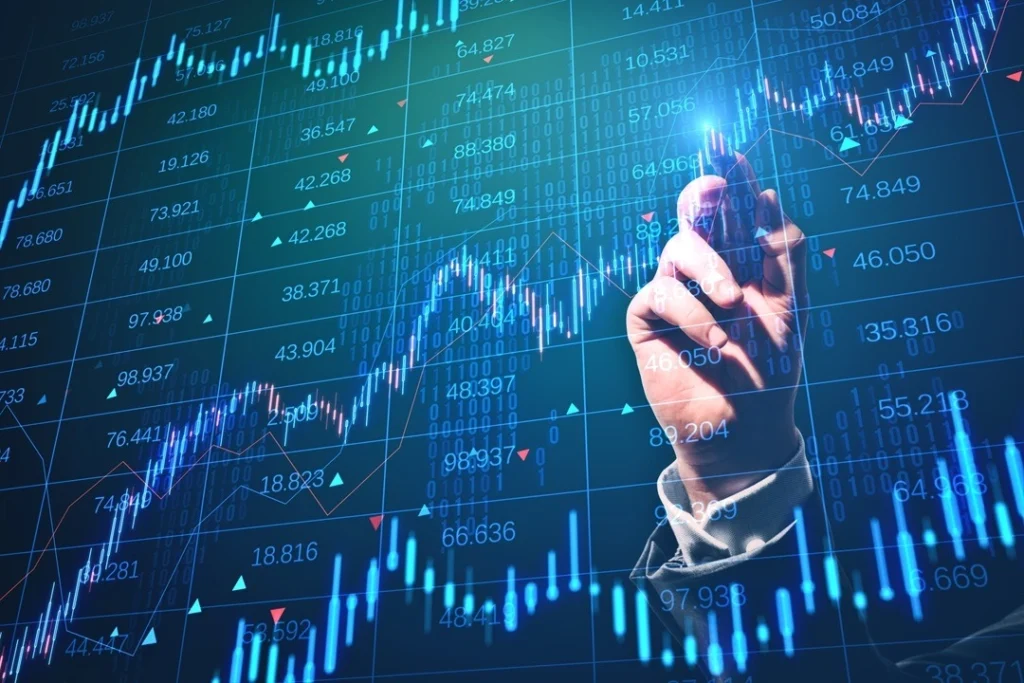
7. Is Trading Forex in Vietnam Really Worth It?
That’s the big question. Legal forex trading in Vietnam is basically limited to banks, and international trading isn’t officially approved. Some traders are okay stepping into that gray area for the chance of profit. Others don’t like the risk.
It’s not black and white—there’s a lot of uncertainty here. If you’re thinking about trading, you need to understand the rules, the risks, and what’s actually possible. Maybe it’s worth it… maybe not.



